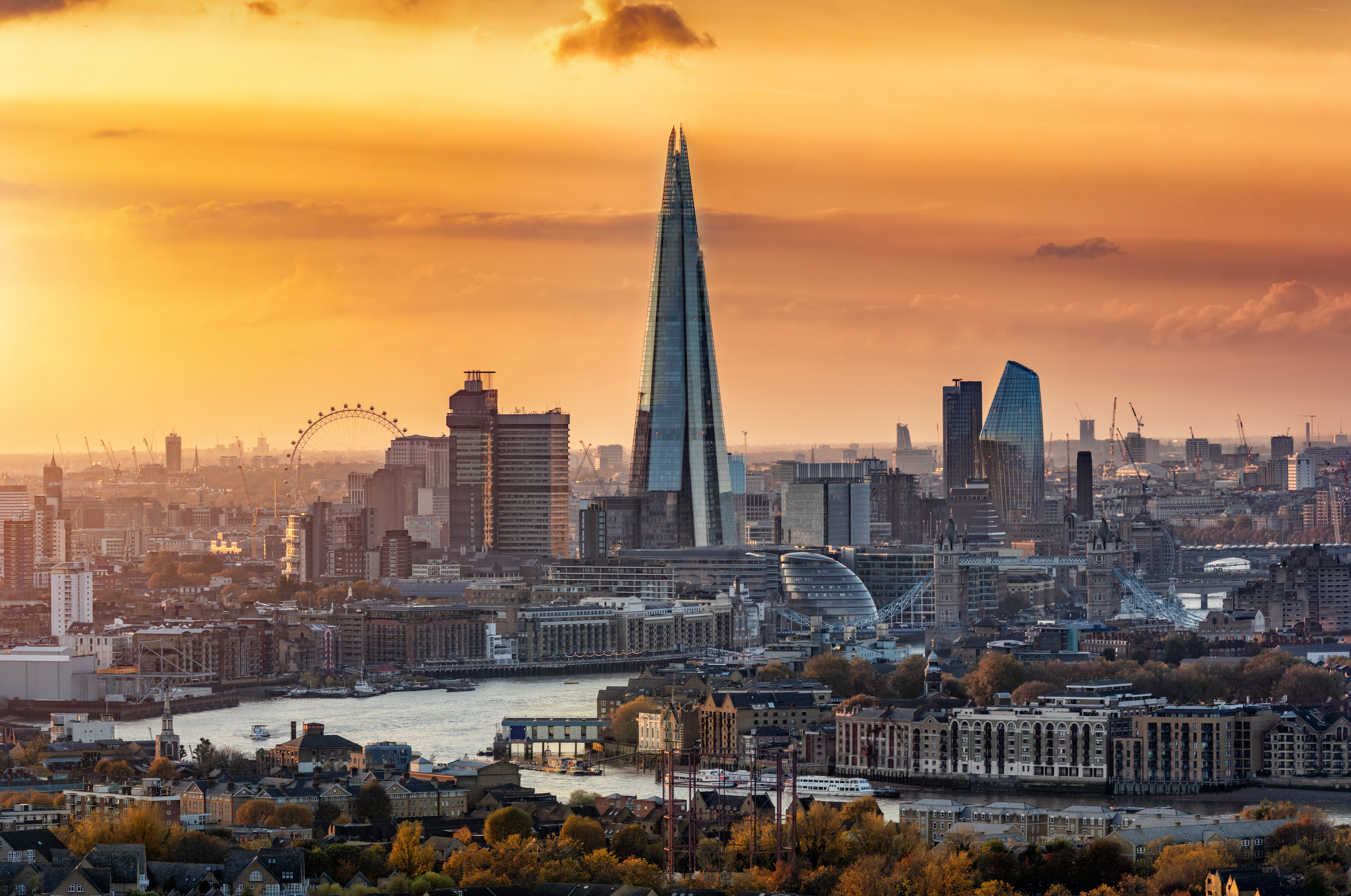As the BBC looks to its centenary year after next there will be much reflection on a news year unlike any other in peacetime.
The pandemic has dominated the news – with the audience both watching, listening and reading in vast numbers but also being the story. Often the hardest thing to do is explain why a story is important to an audience.
If audience numbers have been the big win for the finance departments it has made some hard decisions even tougher. Like the rest of the country the bills – be it from increased staff costs be it from staffing all the outside broadcasts or covering for sick colleagues to taxiing staff to work – start to land next year. This will put ever greater strain on budgets across news.
For much of the BBC change is the ultimate C word. But in the coming year it will be banded about like never before. The new-ish Director General Tim Davie and the senior news management team – the BBC News Board now have to make the choices they outlined earlier in the year when they made major announcement on both jobs and programme budgets.
At the time of the jobs announcements – which now seem in a bygone era when we could meet in more than groups of six and hug our parents – the focus was on the numbers of redundancies coming down the track and high-profile programmes closing such as the Derbyshire programme.
But there have also been changes under the bonnet of news – and how programmes are put together. Many of these changes have yet to play – in part due to the super tanker like nature of BBC News and in part that Covid has meant day-to-day news has been the focus - but in the coming months they will become crystallised.
Although the brutal need to save money was the driving force behind many of the decisions, how the money left is spent has been driven by the structural changes in news audiences. Simply put the BBC news audience is too middle class and old. Last year’s Ofcom's lost generation report on how less than half of 16-24 year olds consume BBC news shocked senior editors.
For more years than anyone can remember the BBC has been looking to target “under-served” audiences, or more simply put, people who don’t watch the 10 O’clock news or listen to Today.
To attract more younger views, like every other media organisation, there will be more BBC investment into digital – so more podcasts, more online content, more social media.
If any one area has had a strong 2020 from audience numbers perspective, it is the podcast teams; although no one is quite sure how to adapt measuring audiences with everyone predominantly working for home. Dino Sofos editor of the news podcast which adopts numerous names (CoronaCast, Brexitcast and Americast).
The parts of the various announcements that has attracted far less attention is the proposed significant changes in the way programmes are put together, but in many ways the most significant part of the announcements.
Traditionally programmes, be it PM on Radio 4 or Business Matters on the World Service - have had their own production teams and have a high degree of editorial independence.
Under the new scheme, there is going to be a far more influential central news core team – headed by Jon Zilkha Senior Project Director for Newsroom Change and former Editor of the Business & Economics Unit – which will drive production. In future programmes will have less autonomy over both editorial agenda range of guests.
For PRs this will over time mean a number of changes.
The hunt for the what is the number for BBC News has got slightly easier. A common complaint when dealing with the BBC is the absence of a central number that you can call and then get directed to the outlet best suited to your story. Although there won’t be a central number – centralised planning desks move a step closer to that.
Big centralised planning desks like big diary driven stories so they can marshal their resources and get guests they can share across multiple programmes. A quintessential example would be the Budget, with a fixed date and stories that can be tailored for different outlets. So as well as ‘naturally’ occurring events such as the Budget, the BBC will look to create its own so I expect lots of themed days – such as Climate change day.
On the what does this mean for pitching client stories a few takeaways:
- The more you can show the human interest the more likely you are to get air time – best way of doing this is real life examples/case studies.
- You will be welcomed with open arms on stories likely to appeal to younger audiences – types of stories that do well include tech/work life balance/ environmental.
- Take podcasts seriously, they are now a very big deal.
- Guests who can talk to different audiences, will be very popular – might have to explain to a radio 4 high brow audience and making it work for a news podcast aimed at 24 year olds.
- Quite likely there will be more themed days – where one topic runs across multiple outlets and in numerous formats. Any help on theme days likely to be warmly welcomed.
- I know digital first is a bit of mantra but more important than ever, what can we offer digitally should be in the first sentence of any pitch.





